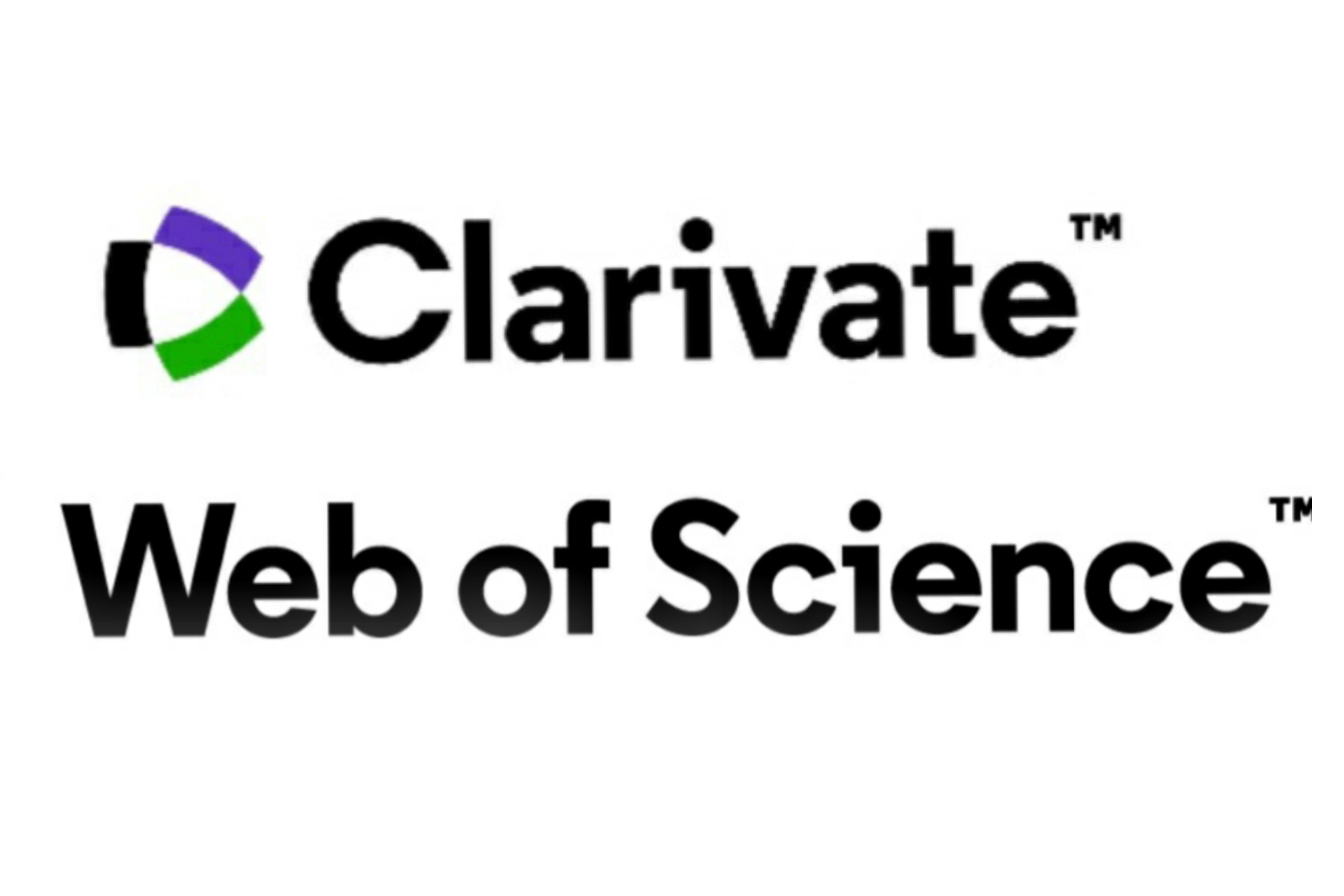Modeling of a drill string motion under seismic impact
DOI:
https://doi.org/10.26577/JMMCS2024-v123-i3-11Keywords:
drill string, dynamics, nonlinearity, vibrations, seismic loadAbstract
The article studies nonlinear dynamics of drill strings in a seismically active environment. The influence of seismic waves on the vibrations of drill strings for shallow drilling is considered. Deformations of drill strings are assumed to be finite. Based on the Ostrogradsky-Hamilton variational principle and the laws of soil motion, a nonlinear mathematical model of spatial deformation of drill strings is constructed. A numerical analysis of the model is performed using the Wolfram Mathematica symbolic computing package. Qualitative and quantitative changes in the dynamics of drill strings are observed, manifested in the form of beats due to the influence of seismic waves.














